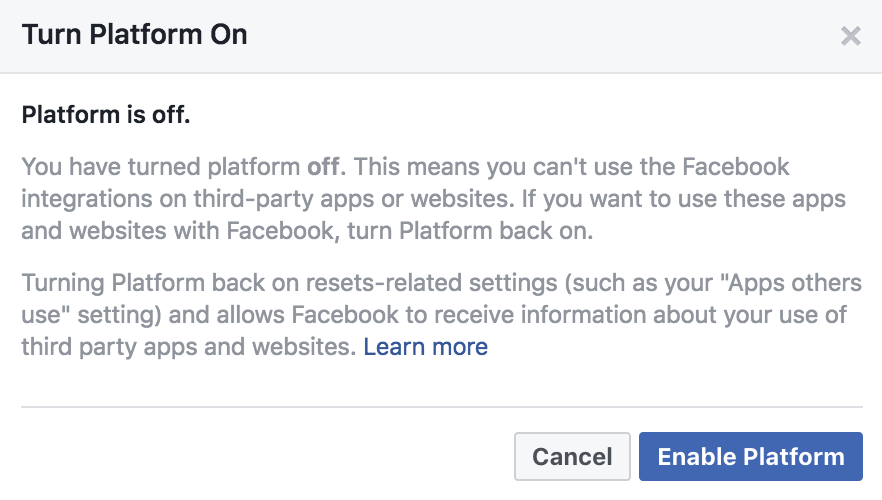tl;dr: If you send a DM and then immediately delete it will the other person see it? Yes – you are deleting only your own copy, not theirs. Once sent, it’s sent.
Note that this content has been republished without my permission by “EverythingWhat” on their own website. I’ve emailed to ask them to take it down (8 April 2021).
https://everythingwhat.com/open-detail/28783A4
The screenshot in the tweet below comes from Twitter’s support pages on Direct Messages, in particular the section on ‘Things to know about Direct Messages‘. The text says “When you delete a Direct Message or conversation (sent or received), it is deleted from your account only. Others in the conversation will still be able to see Direct Messages or conversations that you have deleted. When you delete a group conversation, you will leave that group and will no longer be able to participate.”
I spotted this yesterday and a friend helped me check to see if it was the case. It is. It seems to be a new thing but I don’t know when it was implemented, or why. I’m fairly certain that it used to be the case that if you deleted a direct message then it was deleted everywhere, but that is no longer what happens.
In the screenshot within the second embedded tweet (above) my friend has deleted the direct message saying “Let me know when you’ve seen this DM… and I’ll delete it“. After refreshing my page (and also checking on my phone) his DM was still there for me. I also deleted one of his and we tried all the permutations we could think of.
So… if you send a DM and delete it the other person will still have a copy.
Note that if the other party has email notifications switched on it’s possible that the email will contain a copy of the text of the DM*, or just inform them that a DM has been sent (possibly both – I switched off email notifications as soon as I could so no longer know what’s in them).
*the same email notification thing would happen with an at-mention too.
Supplemental
What happens to the DMs of someone blocks you? They’ll still be there.
I’m blocked by several #homeopathy fans though I’ve exchanged a few DM messages with one, who later blocked me again). Those messages are still there – I’ve no idea if the other party deleted them too (I didn’t delete mine, just forgot about them but went and checked). Until this moment I’d assumed that blocking someone wiped the DMs. I’m not sure if it did and Twitter’s restored them to my mailbox (literally not looked at them in two years) or if they were always there.
This also means that all of my Quora answers on the topic have turned out to be wrong 😉
I have been trying to find out when this change (I’m convinced it’s a change and that it hasn’t always been this way) and the earliest tweet(s) I can find about it are below.
This suggests the change happened between 2014 and 2015 – anyone know more?
Got it! July 2014! See point 5 in the list change from 7th to 19th July. There isn’t an archived snapshot of the page between 7-19th July but Lou and Sharon’s tweeted exchange above suggests deleting still affected both parties on 9 July 2014.
7 July 2014 – archived copy of Twitter’s support article from that date, screenshot below

19 July 2014 – archived copy of Twitter’s support article from that date, screenshot below

This refers to using Twitter on the web, the info also tells you how to delete DMs using a phone but doesn’t specify if they’re deleted for the other person too.



 For ‘Apps others use’ I would have previously unticked any option that might have been ticked, though to be honest this is probably superseded by having switched off the platform apps option anyway. But I am a bit ‘belts and braces’ when it comes to Facebook.
For ‘Apps others use’ I would have previously unticked any option that might have been ticked, though to be honest this is probably superseded by having switched off the platform apps option anyway. But I am a bit ‘belts and braces’ when it comes to Facebook.











